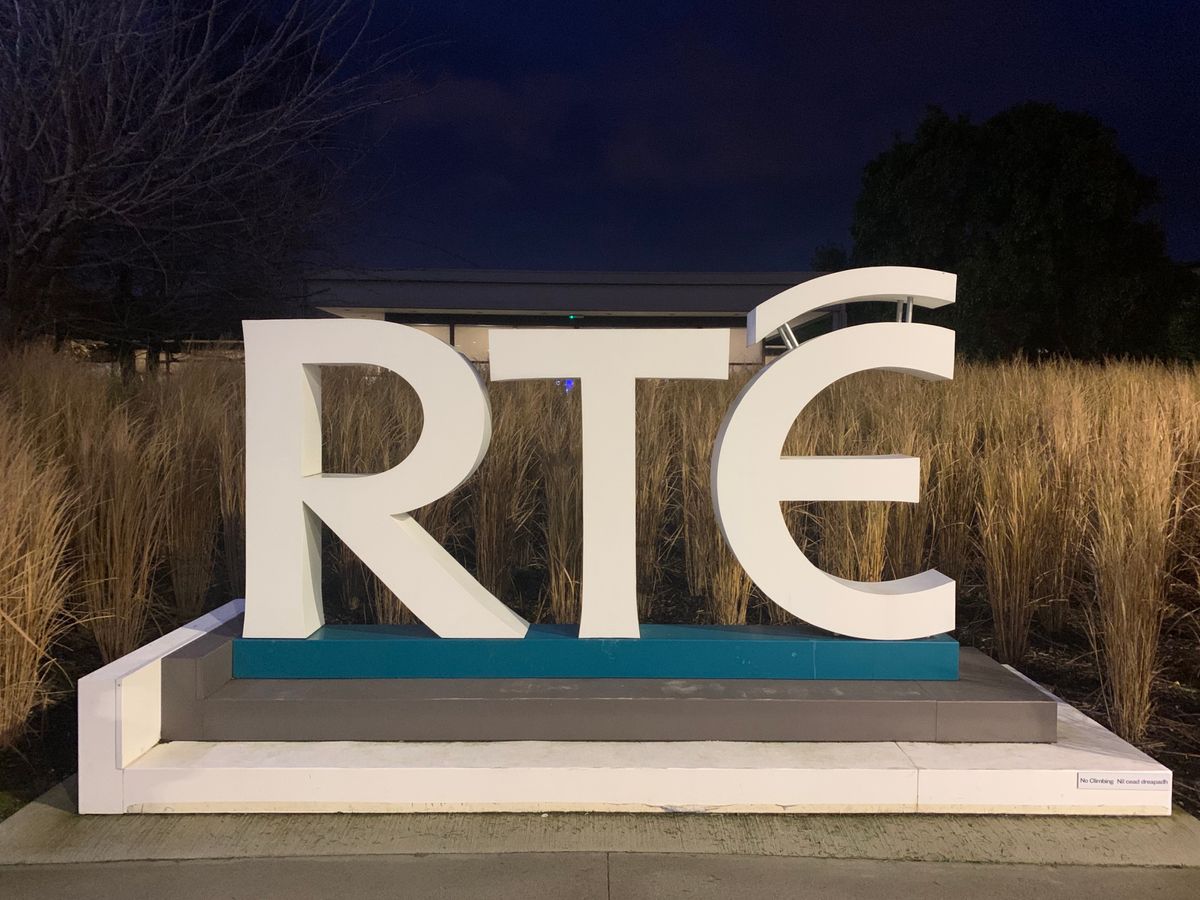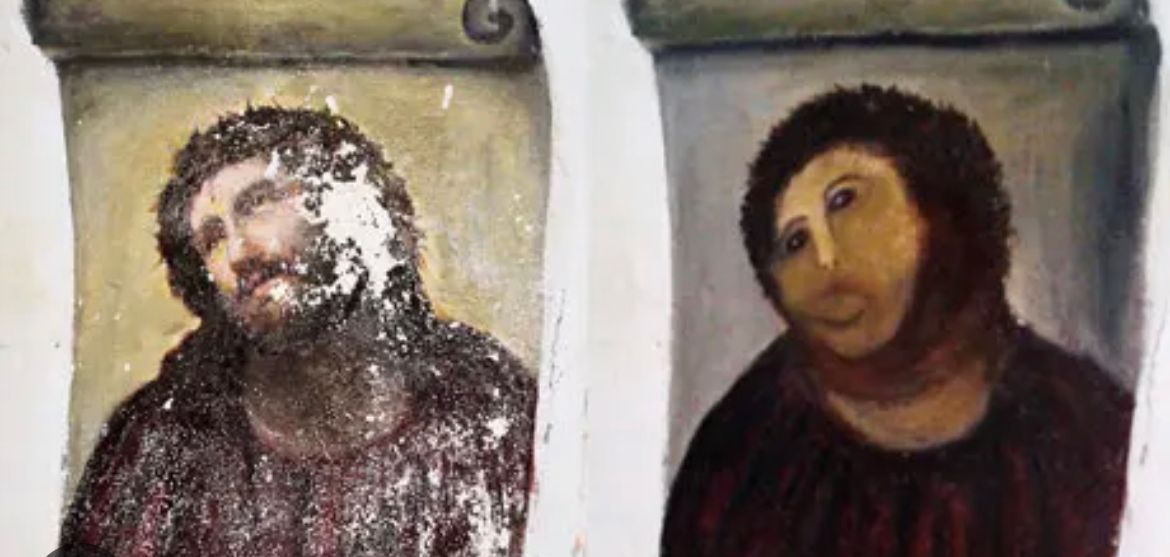The Gist: The Late Late Low
The biggest job in Irish media has come free and nobody wants to touch it with a bargepole. This is the Gist.

Ever since Ryan Tubridy announced he was going to quit the Late Late Show to spend more time with his radio mic, RTÉ has been trying to replace him. The show is regularly the highest rated entertainment slot in Ireland, the pay is better than most RTÉ jobs and it literally couldn't be a more high profile gig.
So far, the job has been as attractive as a Gorgonzola sewed into bedroom curtains.
The Late Late Show, as a programme, was built for decades around (and largely by) one man to match his interests, strengths and weaknesses. When he retired, his replacement spent years being visibly unhappy at being forced into the same shaped container.
Gay Byrne’s ghost still owns this show. And the decades RTÉ spent trying to deny this, most of them to try to deny Byrne better working conditions, have now come home to roost.
RTÉ was so unhappy at letting him recognise his own power that, for 25 years, they would only employ him on rolling 13 week contracts. Even as he came to define the station, they constantly told him he was never more than 13 weeks from being replaced.
As writer Julian Gough said "It's all part of RTÉ's refusal to believe in the idea of talent. Gay Byrne was an employee, and we will just put another employee in the slot."
The slot has proved tricky to fill with this model of interchangable employees, like grinning lego minifigures.
The current host of the programme presents a sort of shadows-on-the-cave-wall version of Gay Byrne’s Late Late, (with the exception of the Toy Show, which is superlative). History behaves as though the Late Late show was about political bits and showbiz stars and so on. And, you know that was sort of true.
But the programme had a secret move which was abandoned as soon as Gay Byrne left, due to the ineffable skill needed to pull it off. It kept the guests on stage and let them interact. Showbiz people would weigh in on political bits. Politicians would be asked to sing a song. And then, to pile an additional layer on top, we’d sometimes just see what the audience in the studio thought about things.
This was the famous national conversation, where the nation talked to itself about things never spoken about before in public.
This is also chaos. A formatless, impossible to prepare-for bloc of live TV, sitting like a formless void at the end of the broadcasting week, surrounded by the most valuable advertising slots the station has to offer.
Gay Byrne was a bit of a curmudgeon. But, also, never mind 'talent', he was an actual TV genius. Asking people to stand in his shoes and play the part of ringmaster to a circus of his creation is like asking them to restore an Old Master painting.

None of this is hard to see, and the closer you stand to the Late Late (and particularly have had experience of live telly) the more horrific the job looks. In part, this is because it doesn’t come with Gay Byrne’s power to just throw everything out and do something weird. But really, what makes it impossible is that it doesn't come with being Gay Byrne.
Instead of just racing to announcing a new Late Late host to pour into the existing jelly mould RTÉ should do ostentatiously strange things with the slot over the Summer to try to find a way forward.
Give it to two people to present and let them roam around the country. Hire outsiders for one week to make the show of their dreams- with all the assistance of the station to help make it happen. Try out the idea of a Guest Editor or presenter from Magazines.
RTE literally needs to try everything to break the format, so it can find a way forward.
The problem is not about finding a presenter for the show.
The problem is finding a show.
The only way out is through.
Sit Down And Be Counted: The Cultural Evolution of a Television Station




